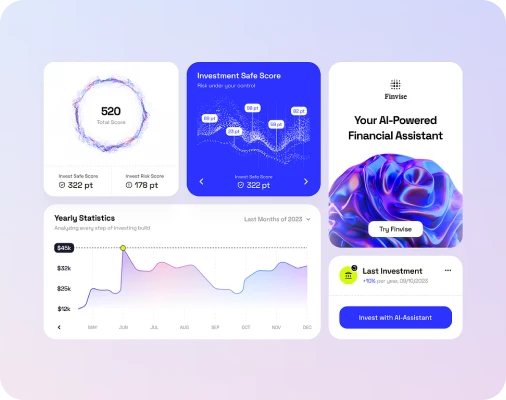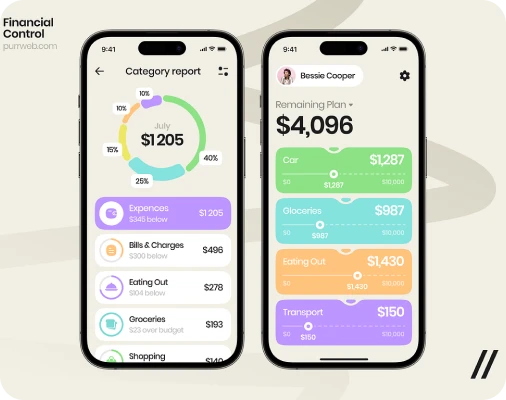
Your Trusted Partner for Every Business Need

35M+
Happy Customers

Our Popular Categories
Get some Inspirations from 86K+ skills
Featured Services
Get best services for your work


₹5,187.60
Content Writer for Blog Articles

₹4,236.54
Digital Marketer for Social Media

₹2,593.80
Video Editor for Creative Projects

₹1,296.90
Social Media Manager for Engagement

₹2,161.50
Mobile App iOS Developer Wanted

₹7,781.40
Mobile App iOS Developer Wanted

₹8,213.70
Mobile App iOS Developer Wanted

₹6,052.20
Mobile App iOS Developer Wanted

₹6,916.80
Mobile App iOS Developer Wanted
Explore New Life
Don’t just find. Be found put your CV in front of great employers
There are many variations of passages of Lorem Ipsum available, but the majority have suffered alteration in some form, by injected humour, or randomised words.
Get Services56M+
Total Freelancers
59M+
Total Services
65M+
Total Job

Recent Job Post
Let start your career with us
Monthly
Yearly
Monthly
Daily
Daily
Monthly
Daily
Yearly
Daily
Daily
Top Seller
Find our best service provider
Top Seller
₹2,161.50/hr
Top Seller
₹1,729.20/hr
Top Seller
₹1,296.90/hr
Top Seller
₹864.60/hr
Top Seller
₹864.60/hr
Find the talent needed to get your business growing.
There are many variations of passages of Lorem Ipsum available, but the majority have suffered alteration in some form, by injected humour.
Get Started
Testimonial
Received 4.8/5 Stars in Over 10,000+ Reviews.
Recently Added
Get best services for your work

₹5,101.14
Mobile App iOS Developer Wanted

₹5,187.60
Content Writer for Blog Articles

₹4,236.54
Digital Marketer for Social Media

₹2,593.80
Video Editor for Creative Projects






























